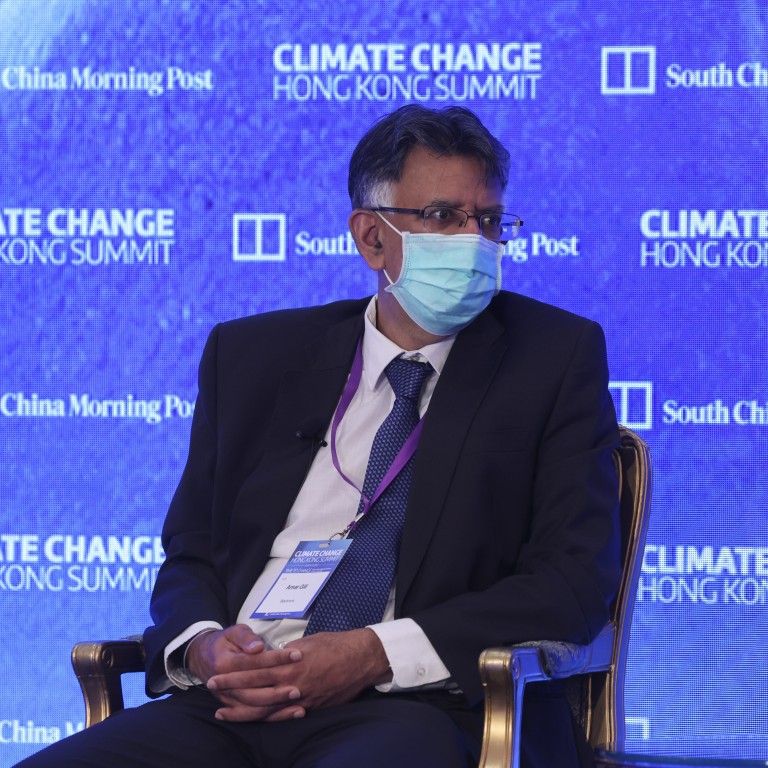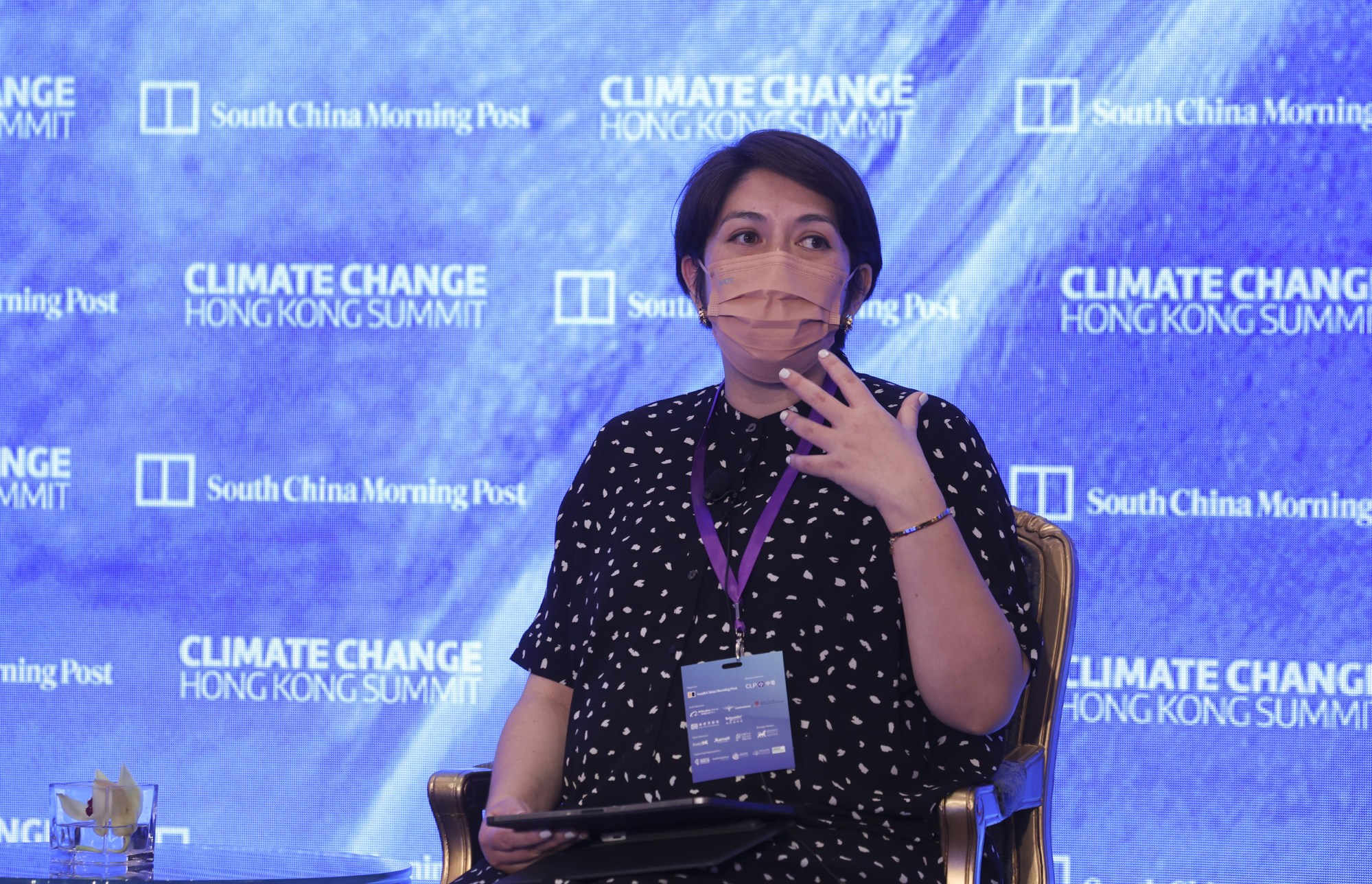
Climate-change: BlackRock votes against fewer directors as more companies adopt TCFD framework for risk disclosures, panel hears
- Adoption of the rigorous TCFD disclosure framework is shooting up across Asia, a BlackRock executive said at SCMP’s Climate Change Hong Kong Summit
- Use of the Task Force on Climate-related Financial Disclosures approach is welcome, but companies must move beyond mere compliance, panellists said
More companies in Asia are adopting a rigorous international framework for disclosing climate risk, resulting in fewer companies seeing the world’s largest asset manager, BlackRock, vote against re-election of their directors, its regional head of investment stewardship said during a panel discussion.
“As an asset manager, we need a little bit more coherence in the ESG [environmental, social and governance] rankings,” he said.
BlackRock has been looking at whether companies are reporting according to the TCFD framework, released by the Basel-based Financial Stability Board in 2017, since last year. TCFD requires scenario planning for different levels of global warming, as well as the disclosure of both medium and long-term emissions targets.
Greater Bay Area is key to Hong Kong’s climate goals: SCMP Summit
“If the companies are not reporting by TCFD, if they don’t have the data on emissions, if they don’t have targets – which is part of the TCFD reporting pillars – then we vote against [the re-election] of directors,” Gill said.
Last year, BlackRock had almost 400 companies in its climate universe for Asia-Pacific. “We voted against one or more directors at about a third of those companies,” he said.
This year, disclosures have improved significantly in Asia, said Gill, who added that the company has seen the TCFD reporting shoot up in Japan, Korea and Taiwan, as well as among large companies in mainland China.
“We’re coming towards the end of the so-called AGM [annual general meeting] voting season, which is basically the end of June,” he said. “This year it looks like substantially less than the one-third we voted against last year for poor disclosure.”
However, more needs to be done to educate directors and to move corporations’ mentality around ESG beyond compliance, according to Gill.

Boards need to make sure they are in charge of the process, he said. “The board is supposed to oversee the management, but [currently] the board is getting all the information filtered by the management that they’re meant to oversee,” he said.
Speaking on the same panel about the critical trends driving ESG agendas in 2022 and beyond, Mark Konyn, AIA’s group chief investment officer, also highlighted the importance of the board of directors in driving sustainability initiatives “from the top-down”.
“Governance is critical because that defines the quality of the disclosures, the reliability that you expect in terms of how management behaves and performs the checks and balances within how a company is managed and run,” Konyn said. “It’s absolutely critical.”
Global assets worth up to US$12.7 trillion exposed to climate risks, report says
Giuliana Auinger, partner and vice-president of the sustainability business at Schneider Electric, said she believes corporations in this part of the world can rapidly accelerate their efforts in this area if they can get their acts together.
“Corporates are really good now at looking beyond the ESG from a risk perspective and looking at it from a business-opportunities perspective,” she said. “People are much more willing to spread best practices. Corporates now in the market are realising that ESG is no longer in the fringe. It is here to stay.”


